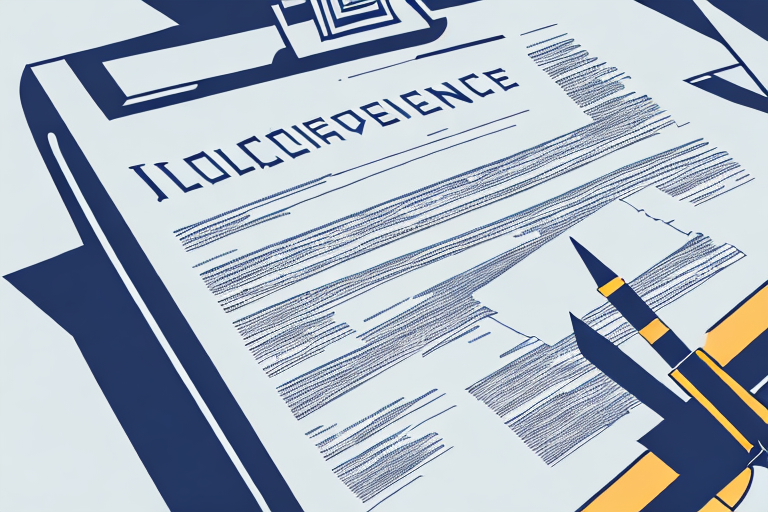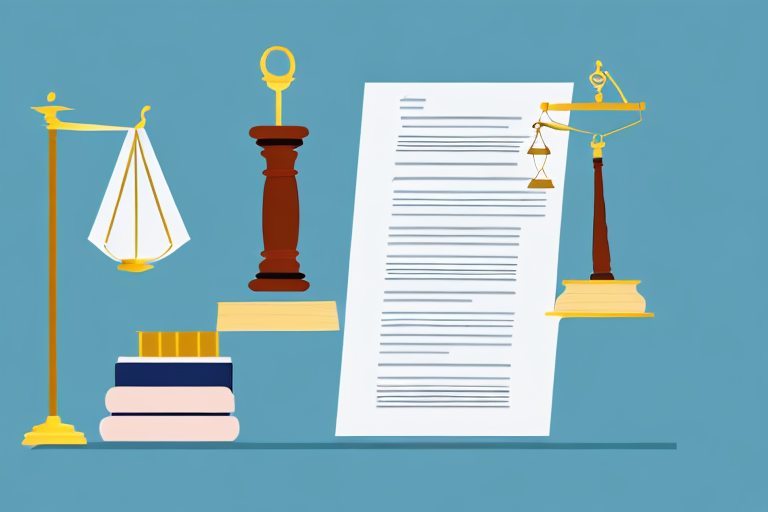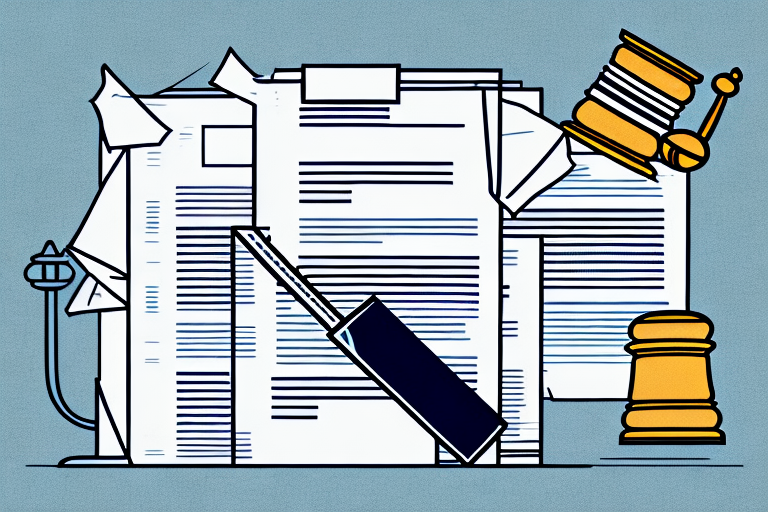When a person or business is no longer able to repay their debts, they may face insolvency. Insolvency can be a daunting and stressful experience, but it doesn’t have to be faced alone. A lawyer who specializes in insolvency can help guide you through the insolvency process and help you make informed decisions regarding your debt.
The Basics of Insolvency
What is Insolvency?
Insolvency is a term used to describe a situation where an individual or business is unable to pay their debts as they become due. This can occur for a variety of reasons, such as a sudden downturn in the economy, a decrease in sales, or unforeseen expenses. When a person or business becomes insolvent, they may be forced to take legal action with the help of insolvency lawyers Sydney to protect their assets and interests.
It is important to note that insolvency is not the same as bankruptcy. Bankruptcy is a legal process that can be initiated by an insolvent individual or business to help them manage their debts and protect their assets.
Types of Insolvency
As mentioned earlier, there are two main types of insolvency: personal and corporate. Personal insolvency deals with individuals who are unable to repay their debts, while corporate insolvency deals with businesses experiencing financial difficulties.
Personal insolvency can be caused by a variety of factors, such as job loss, illness, or divorce. When an individual becomes insolvent, they may be forced to sell their assets to repay their debts or file for bankruptcy.
Corporate insolvency, on the other hand, can be caused by a variety of factors such as poor management, economic downturns, or increased competition. When a business becomes insolvent, they may be forced to restructure their operations, sell assets, or file for bankruptcy. Click here to get also why you need online wills.

The Insolvency Process
The insolvency process can be a complex and daunting experience, which is why it is important to consult with a qualified insolvency lawyer. The lawyer will help guide you through the process and ensure that your rights and interests are protected.
The first step in the insolvency process is to assess the situation and determine the best course of action. This may involve filing for bankruptcy or proposing a consumer proposal to creditors.
If bankruptcy is the best option, the individual or business will be required to file a bankruptcy petition with the court. This will trigger an automatic stay, which will prevent creditors from taking any further legal action against the individual or business.
If a consumer proposal is the best option, the individual or business will be required to make a proposal to their creditors. This proposal will outline how much the individual or business can afford to pay back and over what period of time. If the proposal is accepted by the creditors, the individual or business will be required to make payments according to the terms of the proposal.
Overall, the insolvency process can be a difficult and stressful experience. However, with the help of a qualified insolvency lawyer, individuals and businesses can navigate the process and come out on the other side with their rights and interests protected.
The Role of an Insolvency Lawyer
When facing financial difficulties, it can be overwhelming to navigate the insolvency process alone. This is where an insolvency lawyer can provide invaluable assistance. In addition to the legal advice and representation mentioned above, there are several other ways in which an insolvency lawyer can help you.
Assessment of Your Financial Situation
Before deciding on a course of action, an insolvency lawyer will assess your financial situation to determine the best path forward. This involves analyzing your debts, income, and expenses to determine if bankruptcy or a consumer proposal is the best option. They can also provide guidance on how to manage your finances going forward to avoid similar situations in the future.
Debt Consolidation
If you have multiple debts with high interest rates, an insolvency lawyer can help you consolidate your debts into one manageable payment. This can help lower your monthly payments and reduce the overall amount of interest you pay, making it easier to become debt-free.
Credit Counseling
An insolvency lawyer can also provide credit counseling services to help you better understand your financial situation and how to manage your debts. They can provide advice on budgeting, credit management, and debt repayment strategies to help you get back on track.
Alternative Dispute Resolution
If negotiations with creditors break down, an insolvency lawyer can help you explore alternative dispute resolution options, such as mediation or arbitration. These methods can help resolve disputes without the need for costly and time-consuming court proceedings.
Support Throughout the Process
The insolvency process can be emotionally draining and stressful. An insolvency lawyer can provide much-needed support and guidance throughout the process, helping you stay focused and motivated towards achieving financial stability.
Overall, an insolvency lawyer can provide a wide range of services to help you navigate the insolvency process and achieve financial freedom. If you are struggling with debt, it is worth considering consulting with an insolvency lawyer to see how they can help you.

Choosing the Right Insolvency Lawyer
Insolvency law is a complex and specialized area of law that deals with the financial distress of individuals and businesses. When faced with insolvency, it’s important to have a knowledgeable and experienced lawyer on your side to guide you through the process and protect your interests.
Experience and Expertise
One of the most important factors to consider when choosing an insolvency lawyer is their experience and expertise in the field. You want a lawyer who has a proven track record of representing clients in insolvency cases and a thorough understanding of the legal process.
Look for a lawyer who specializes in insolvency law and has a deep understanding of the bankruptcy code and other relevant laws. They should be familiar with the different types of bankruptcy, including Chapter 7, Chapter 11, and Chapter 13, and be able to advise you on which option is best for your situation.
Communication and Availability
Another important factor to consider is the lawyer’s communication skills and availability. The insolvency process can be complex and confusing, so it’s important to choose a lawyer who communicates effectively and is always available to answer any questions or concerns you may have.
Your lawyer should keep you informed every step of the way and be easily reachable when you need them. They should be responsive to your calls and emails and provide regular updates on the progress of your case.
Fees and Payment Structure
Insolvency lawyers typically charge a fee for their services, which can vary depending on the complexity of the case. It’s important to choose a lawyer whose fees are reasonable and transparent, with a clear payment structure.
Make sure to discuss fees and payment options upfront to avoid any surprises down the line. Your lawyer should be upfront about their fees and provide you with a detailed breakdown of the costs involved.
Overall, choosing the right insolvency lawyer can make all the difference in the outcome of your case. Take the time to do your research, ask for referrals, and meet with potential lawyers to find the best fit for your needs.

Alternatives to Insolvency
Dealing with financial difficulties can be a challenging and overwhelming experience. When you find yourself unable to pay off your debts, insolvency may seem like the only option. However, there are several alternatives that you can explore before resorting to insolvency.
Debt Consolidation
Debt consolidation is a popular alternative to insolvency. It involves combining all of your debt into one manageable payment. This can often come with a lower interest rate and lower monthly payments. It can be a good option for those who are struggling to keep up with multiple debt payments.
When considering debt consolidation, it is important to do your research and choose a reputable debt consolidation company. You should also make sure that you understand the terms and conditions of the consolidation loan, including the interest rate and repayment schedule.
Debt Management Plans
Another alternative to insolvency is a debt management plan. This involves working with a credit counseling agency to create a personalized plan for repaying debt. The agency will work with your creditors to negotiate lower interest rates or smaller payments to make your debt more manageable.
Debt management plans can be a good option for those who are struggling to keep up with their debt payments but are not yet in a state of insolvency. They can also help you avoid the negative impact that insolvency can have on your credit score.
Bankruptcy
Bankruptcy is typically viewed as a last resort when all other options have been exhausted. It involves legally declaring that you are unable to repay your debt and will result in the liquidation of assets to pay off creditors. While it can be a difficult experience, sometimes it is necessary to achieve a fresh start.
It is important to note that bankruptcy can have serious long-term consequences, including a negative impact on your credit score and difficulty obtaining credit in the future. Before considering bankruptcy, it is important to explore all other options and consult with a qualified insolvency lawyer.
In conclusion, there are several alternatives to insolvency that you can explore when dealing with financial difficulties. Debt consolidation and debt management plans can help you manage your debt and avoid insolvency, while bankruptcy can provide a fresh start in extreme cases. With the help of a qualified insolvency lawyer, you can navigate the process and come out the other side with a more manageable financial situation.


